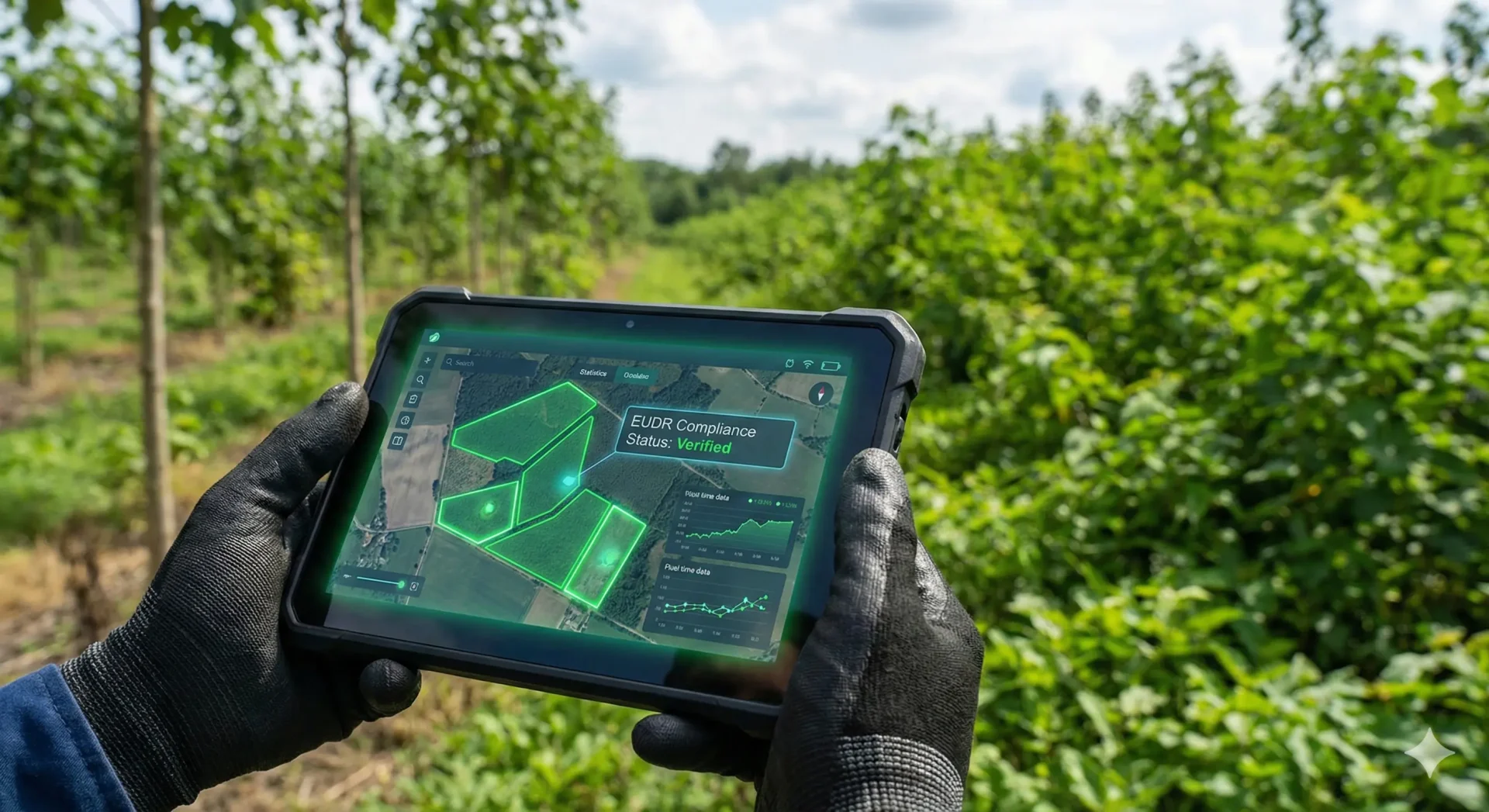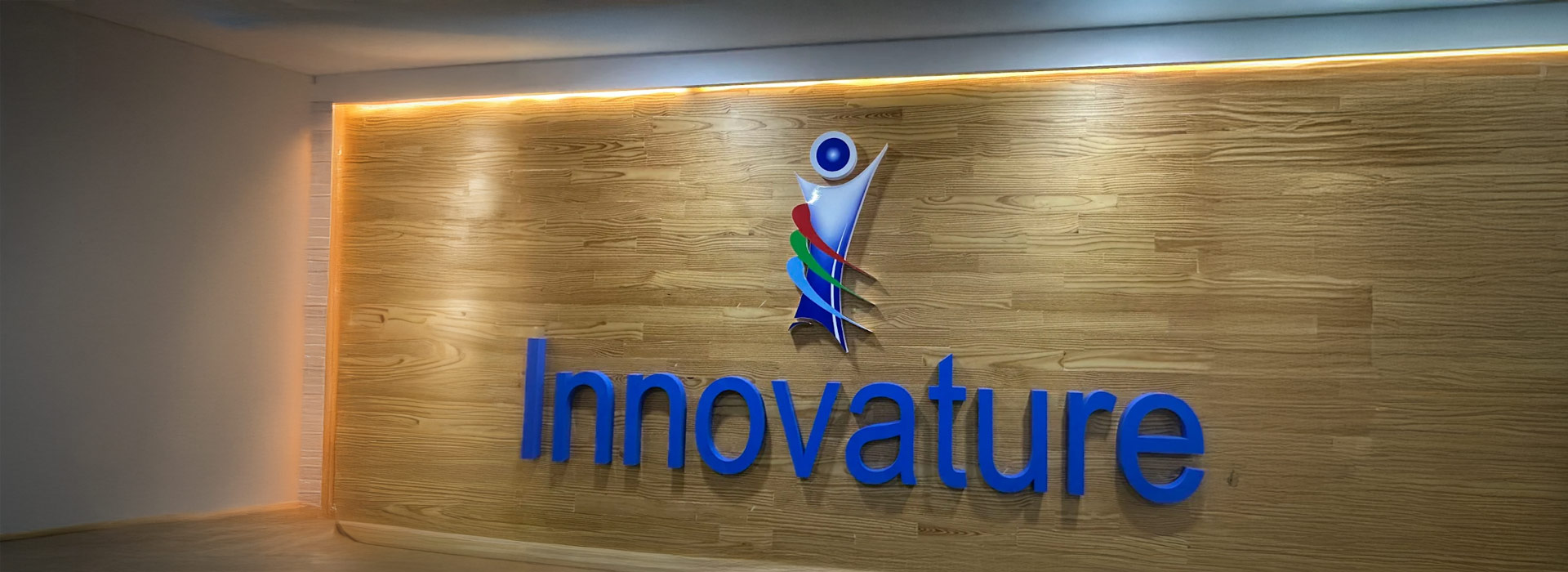
Quantum Revolution: Redefining Computation and Innovation
- Yuto Misaki
Introduction
Quantum computing is a fascinating field with immense potential. Quantum computers leverage the principles of quantum mechanics to perform calculations much faster than classical computers. Instead of using bits (0 or 1), quantum computers use qubits, which can exist in multiple states simultaneously due to superposition. This enables quantum computers to tackle complex problems that are practically impossible for classical computers. This is achieved in the following way.
1. Qubits (Quantum Bits): Unlike classical bits (which can be 0 or 1), qubits can exist in a multidimensional state due to superposition.
Superposition allows qubits to represent both 0 and 1 simultaneously, enabling parallel computation.
2. Quantum Algorithms: Quantum computers use specialized algorithms to manipulate qubits. Shor’s Algorithm factors large numbers efficiently, impacting cryptography. Grover’s Algorithm searches unsorted databases faster than classical methods.
3. Exponential Power: As we add more qubits, quantum computing power grows exponentially. Classical computers increase power only linearly by adding more bits.
Applications and Challenges of Quantum Computers
Quantum computers excel in fields like optimization, machine learning, and material science. They simulate molecular interactions, enhance security, and tackle climate modelling. Quantum computers can enhance machine learning algorithms by exploring complex data patterns more efficiently. Entangling qubits improves error rates, potentially revolutionizing AI and quantum mechanics understanding.
Quantum computers face challenges in error correction and scalability. In a nutshell, quantum computing leverages quantum states to revolutionize computation, promising breakthroughs in science, industry, and security. However, while quantum computing is inching closer to reality, its impact remains largely theoretical. Exciting advancements lie ahead!












